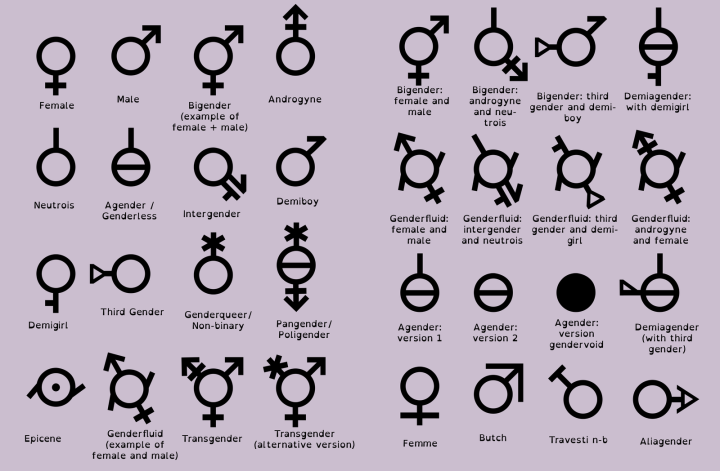After encountering backlash last year over their profile naming policy, Facebook has made a move to improve relations with the LGBTQ community by amending their gender options.
Previously, Facebook only offered two gender options for their users to self-identify as (male or female). Now the site includes a custom gender option, which encompasses over 50 gender identities for users to choose from, including gender fluid, gender nonconforming, agender, intersex, a number of different trans identities, and more.
Furthermore, Facebook is making an effort to respect the gender you identify with by also asking you to select the pronouns Facebook will use to refer to you (ie “him,” “her,” or gender-neutral “them”).
This feels like a long-cry from Facebook’s disregard of the Trans community with their “real name” policy last year. (Long story short, Facebook blocked several users from their accounts because they weren’t using their legal names. This quickly became an issue for trans people whose Facebook accounts were under a name they had chosen for themselves rather than the one that was on their birth certificate. Facebook eventually apologized for the issues the policy created.)
I think the custom gender option is a good move on Facebook’s part. Not only does it create a more inclusive and understanding environment – that is, in as much as Facebook itself can create that space with its procedures – it sets a positive example for other social media sites to begin doing the same. To my knowledge, other popular social media sites only offer the traditional male/female gender options for users to select on their profiles. Even more, I’ve noticed that often times selecting male or female is not just an option when creating an online account – it’s required. Many spaces online will not allow you to create an account without identifying as male or female, which can feel limiting and even distressing to people who do not identify as either.
The unfortunate fact of life (and the internet) is that I can see everyone isn’t as happy about this development as I am. I tried to read some online comments on the articles I read about Facebook’s changes and I instantly regretted it – as I pretty much always do when I read internet comments, so really, I should have known better. There’s clearly a lot of confusion about gender identity out there – in addition to rampant transphobia – which is disturbing to read. I hope that with steps like Facebook’s custom gender option we can start to normalize other gender identities and become more accepting of others.


